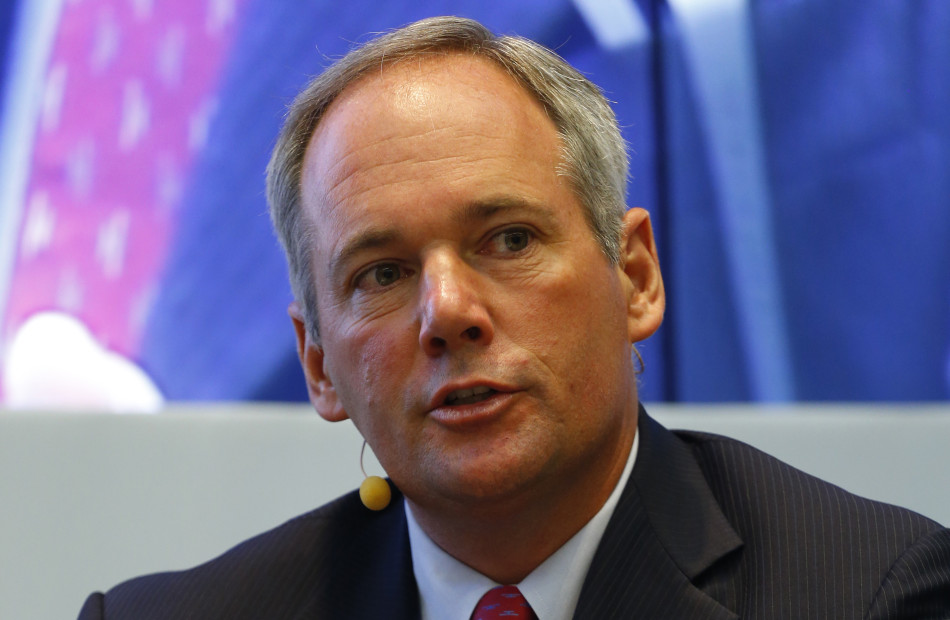Joining forces to build better motor sport

The second plenary session of day one saw a panel of motor sport business experts and ASN leaders come together to discuss methods of strengthening the links between industry and sport.
Prefacing the discussion, Professor Mark Jenkins, co-author of the book ‘Motorsport Going Global’ and Chris Aylett, CEO of Britain’s Motorsport Industry Association presented some initial findings of the FIA’s ASN survey.
They revealed that from the 138 surveys sent out 57 ASNs have responded so far and that according to the interim result rallying is by far the most popular pursuit among members, with circuit racing second, but with drifting coming in a strong third.
The results also showed that the number of licence holders across the respondents had decreased marginally between 2010-2013, by 2 per cent, but that the number of female licence holders had increased by up to 5.8 per cent during the same period.
In terms of nominating what they see as the biggest barriers to motor sport development, the respondents nominated the cost of participation as the biggest problem, followed by lack of government support, ASN capability and struggles with infrastructure.
This was followed by a video message from Carlos Slim Domit in which the FIA Senate member outlined how industry in Mexico had partnered with motor sport to not only promote the careers of young drivers but to enhance its brand image through association with racing’s high-tech world. Andrew Papadopoulos, President of the Confederation of Australian Motor Sport then launched the discussion by saying that while ASNs are wary of the media it represents an important tool for promoting the agenda of ASNs, as CAMS did successfully with its Ignition road safety programme.
Wan Heping, Vice President and Secretary General of China’s FASC explained how the ASN had forged successful partnerships with a number of car manufacturers in the development of the Chinese Touring Car Championship, including Ford, Honda, Volkswagen, Kia, Toyota and Hyundai. At a different level he pointed to the ASN’s partnership with Magneti Marelli, saying that the firm’s supply of equipment had helped to improve safety and reduce costs.
Authorised Volkswagen spokesman Wolfgang Dürheimer said that the redefining of the F3 championship, with the help of ADAC and the DMSB, had been key to the involvement in engine supply of Volkswagen and Mercedes. He added that the restructuring of the racing ladder by the FIA would lead to greater partnership in the future.
Uwe Brettel, Head of Motorsport Sales at Porsche said that the company now supports 19 Carrera Cup championships around the world and that the key to forging successful partnerships is to tailor the competition to the demands of the local market.
Finally, Tim Mayer of ACCUS, suggested that his ASN’s success can be attributed to its philosophy of being promoters first and regulators second and he encouraged ASNs around the world

 Facebook
Facebook Twitter
Twitter






